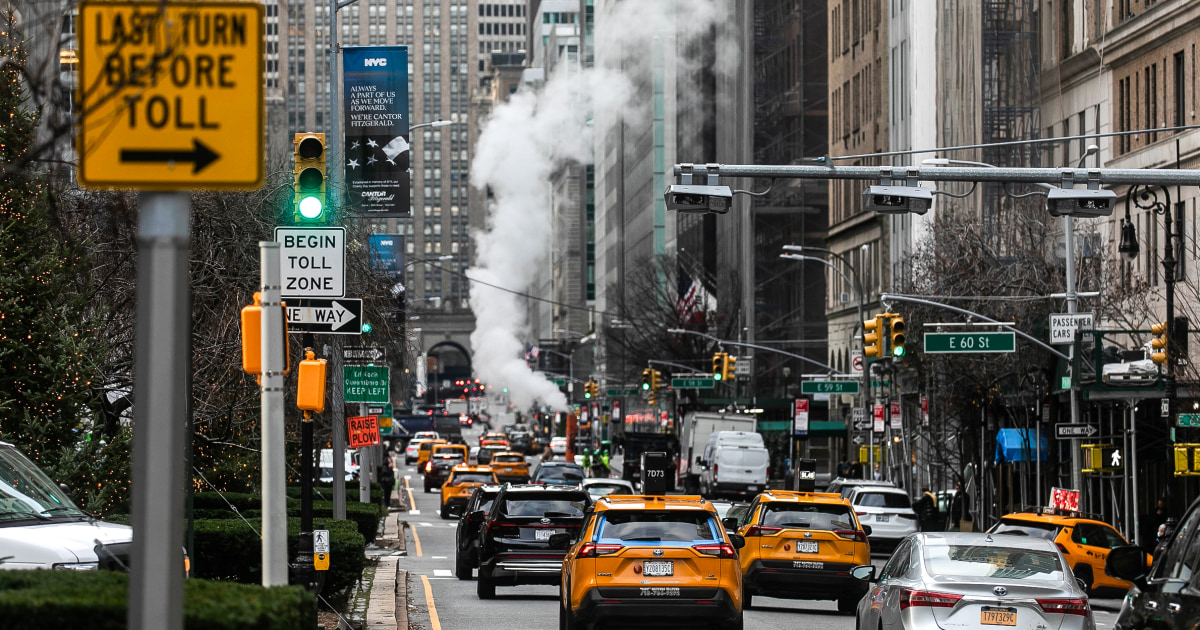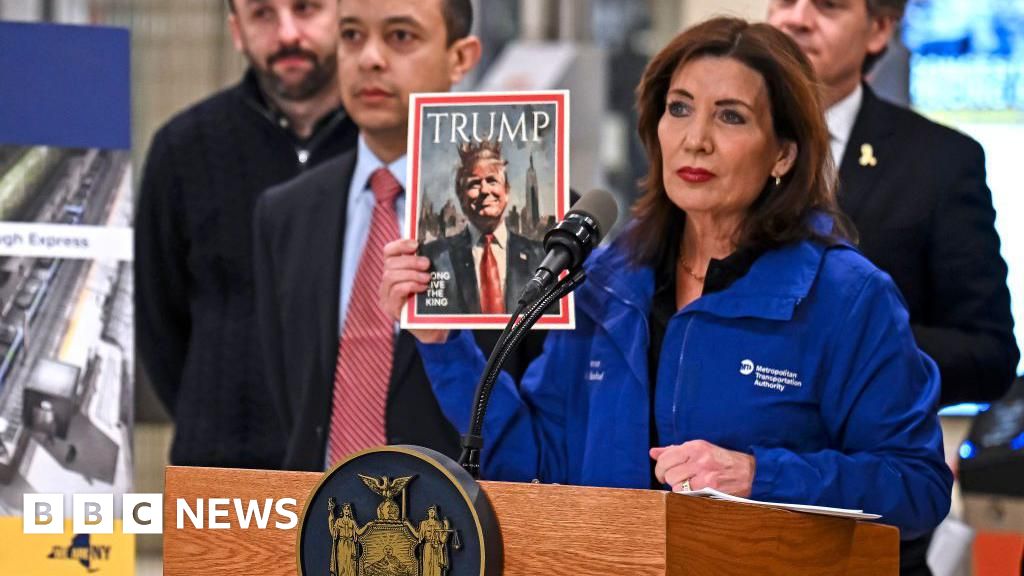Summary:
New York City's new curbside composting program faces criticism for its focus on turning food scraps into bio-gas for energy instead of creating compost.
Critics argue that the program undermines the city's commitment to renewable energy and could exacerbate methane leaks.
The program's messaging has been criticized for being misleading, with residents potentially unaware that their food scraps are being used for energy production.
Advocates are pushing for a more dedicated composting program that focuses on creating nutrient-rich soil.
The city's commitment to composting remains unclear, and the program's future hinges on its ability to navigate the complexities of waste management while delivering on its promise of a greener future.
NYC's Curbside Composting: A Step Towards Sustainability or Just Another Waste-to-Energy Scheme?
New York City has finally made curbside composting mandatory for all residents, a long-awaited move aimed at diverting millions of tons of food waste from landfills. But the program's implementation raises concerns about whether it's truly a composting effort or a disguised waste-to-energy scheme, prompting debate amongst environmentalists and city officials.
While Mayor Eric Adams touts it as the "nation's largest composting" operation, the reality is more complex. Most food scraps collected are currently being turned into "bio-gas" to fuel the electric grid, a process that critics argue undermines the city's commitment to renewable energy and could even exacerbate methane leaks from aging gas infrastructure. The program's messaging has also been criticized for being misleading, with residents potentially unaware that their food scraps are being used for energy production rather than soil regeneration.
Is Composting the Future of NYC's Waste Management?
Despite these drawbacks, the program still represents a significant step towards reducing food waste in landfills. Some environmentalists argue that it could lay the groundwork for a future citywide composting initiative if it can successfully instill the habit of separating food scraps from other garbage.
Advocates Push for True Composting
Several advocacy groups are pushing for a more dedicated composting program, emphasizing the benefits of turning food scraps into nutrient-rich soil. They point to the success of local composting nonprofits that have already been providing this service for years. The City Council has acknowledged the importance of these nonprofits and has restored funding to them, signaling a potential shift toward a more holistic composting approach.
Will NYC Embrace True Composting?
The city's commitment to composting remains unclear. While Mayor Adams' office has been silent on the issue, the program's future hinges on the city's willingness to invest in composting infrastructure and prioritize a transition to sustainable practices. Ultimately, the success of New York's curbside composting program will depend on its ability to navigate the complexities of waste management while delivering on its promise of a greener future.







Comments
Join Our Community
Create an account to share your thoughts, engage with others, and be part of our growing community.